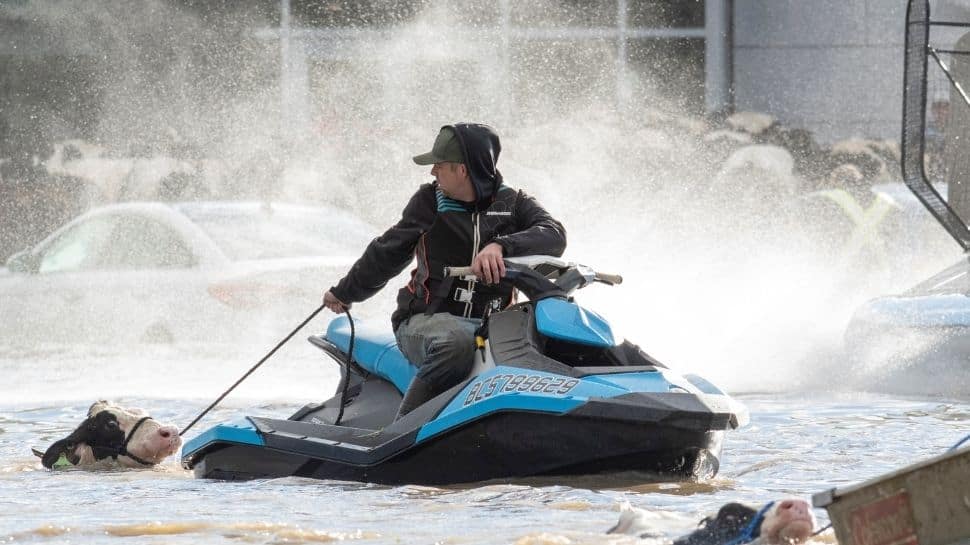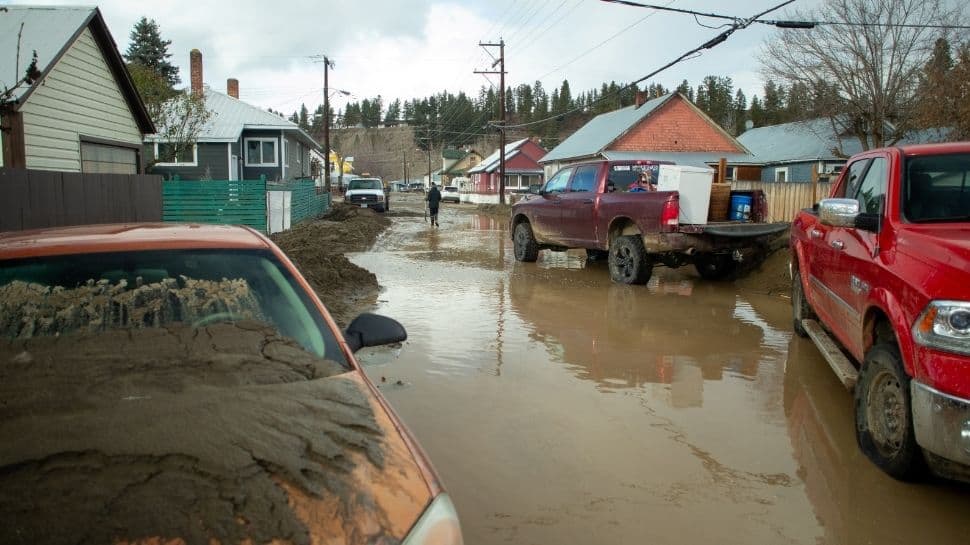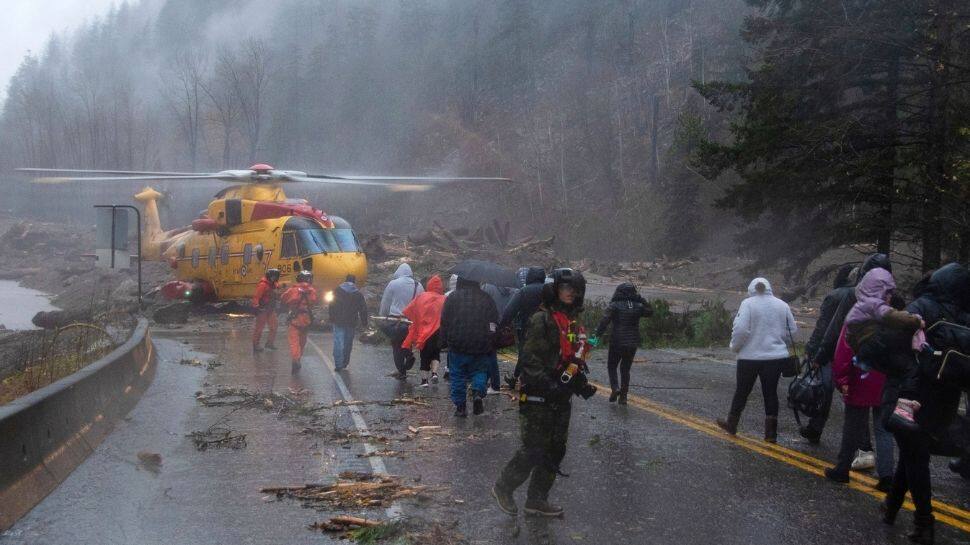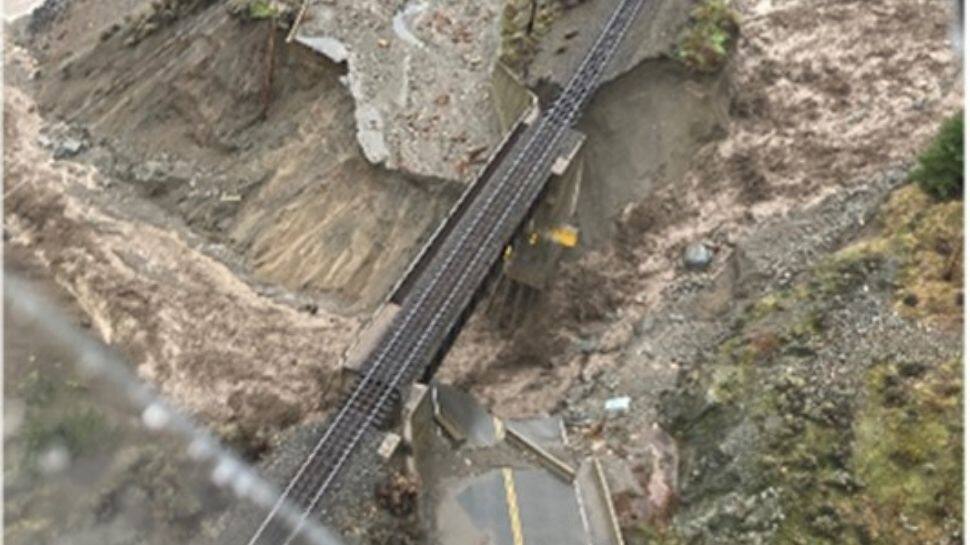Canada province sees death toll rising from massive flood, declares emergency- In pics
The death toll from massive floods and landslides that devastated parts of British Columbia is set to rise, with the Canadian province declaring a state of emergency on Wednesday and the federal government promising major help.
Some affected towns are in remote mountain areas with limited access and freezing temperatures. The disaster could be one of the most expensive in Canadian history.
(Image credits: Reuters)
)
The floods and mudslides also severed access to the country`s largest port in Vancouver, disrupting already strained global supply chains. Prime Minister Justin Trudeau said his government would help the province recover from what he called a "terrible, terrible disaster."

Some affected towns are in remote mountain areas with limited access and freezing temperatures. Ottawa is sending hundreds of air force personnel to aid the recovery and "there are thousands more on standby," Trudeau told reporters on Thursday.

After a phenomenon known as an atmospheric river dumped a month`s worth of rain in two days, officials are concerned that another downpour could overwhelm a pumping station near Abbotsford, a city of 160,000 east of Vancouver, which has already been partly evacuated. Mayor Henry Braun said volunteers built a dam around the station overnight.

Environment Canada said Abbotsford would receive more rain early next week. Rescuer Mike Danks, part of an Abbotsford evacuation team, said the situation had been very tough. "The majority of people had elderly parents with them that were unable to walk, suffered from dementia," he told local outlet Black Press Media.

In Tulameen, northeast of Vancouver, up to 400 people are trapped, many without power, said Erick Thompson, a spokesman for the area`s emergency operations. The disaster could be one of the most expensive in Canadian history.

